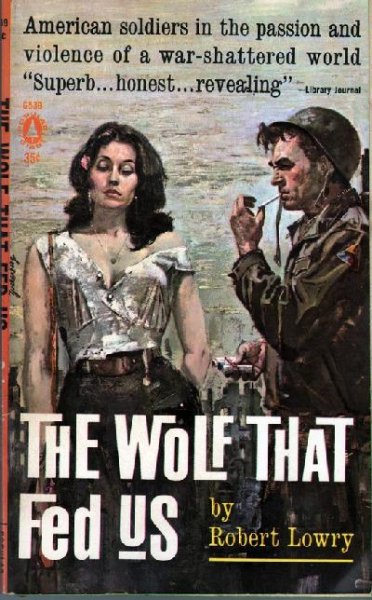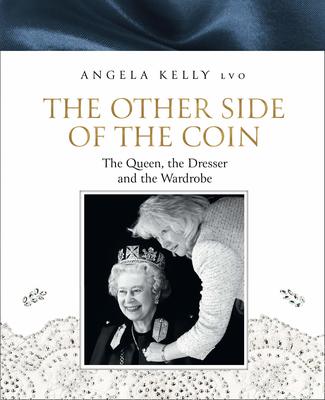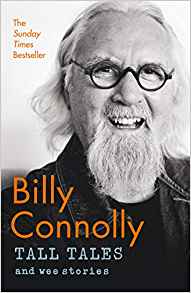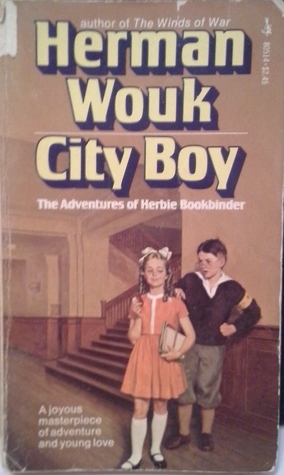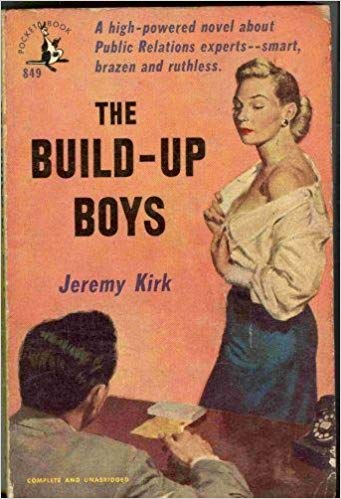- Messages
- 17,493
- Location
- New York City
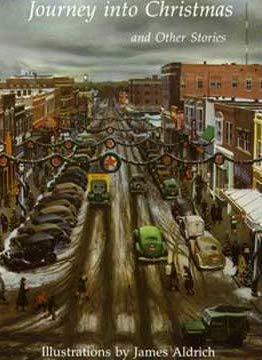
Journey into Christmas and Other Stories by Bess Streeter.
Every year, I try to read a "Christmas" book around this time to help set the mood, with Ms. Streeter's collection of short stories about Christmas being this year's offering.
Written in the '30s and '40s, these stories - just my guess, but they feel like "Saturday Evening Post" or similar periodical efforts - are theme, not plot, driven. Set mainly in either the mid-to-late 1800's "prairie" or 1930s/'40s small midwest towns, the stories emphasize the importance of family and community without being mawkish.
Instead, you see real families and communities that argue, do stupid things and petty things, but also, usually, rally around the right choice - raise the kids, help the needy, visit lonely relatives, etc.
Also, a sense of hardship and keeping it at bay - surviving the trip out West and building a life on the prairie or keeping a roof over your family's head / your business going / food in everyone's belly during the Great Depression - pervades these stories in a visceral way that our two-car families, smartphone-carrying, the poor-have-obesity-issues present-day society doesn't.
And all our complaints - Christmas is too much about presents, spending, decorations, competition - are here too (not so much on in the prairie stories, but the ones set in the towns in the '30s and '40s). But despite that, just like today, out of the big giant ball of Christmas does come some real charity, some real giving, some real caring - some real decency.
If it's your cup of tea, these are good Christmas short stories that capture its vibe, focus on the good - but not to excess - and, for us today, provide a little time travel to an earlier period. To wit, people travel great distances by trains not cars, cook from scratch because that's their option, put real candles (not lights) on Christmas trees and remember when they got their first radio.
